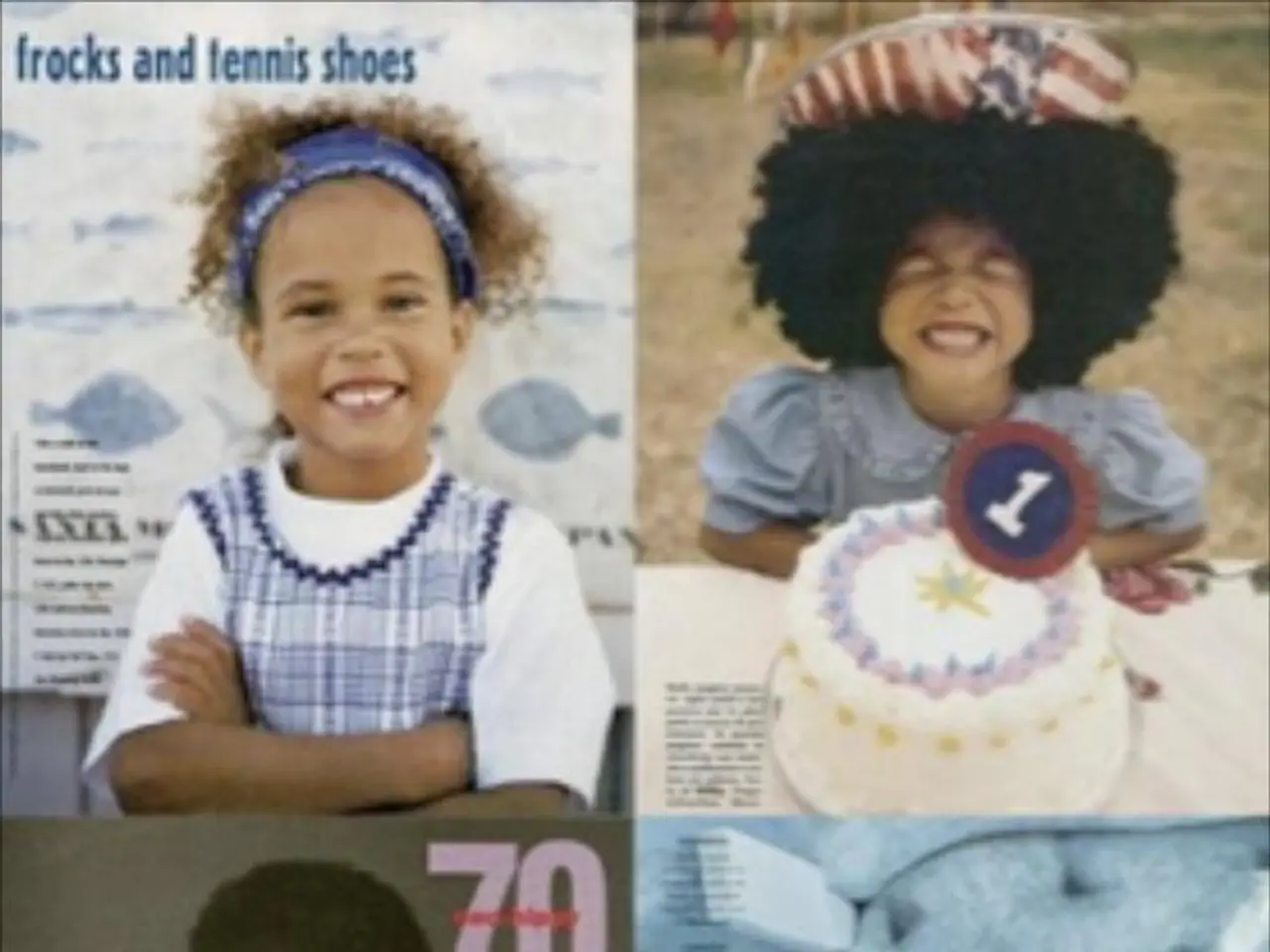Childhood experiences as the overlooked one may still have lasting negative effects on you.
In families where dysfunction and neglect are prevalent, individuals often grow up as 'lost children', carrying the long-term effects of low self-esteem, anxiety, difficulty forming healthy relationships, emotional neglect, and a chronic sense of invisibility or isolation.
These individuals may struggle with low self-worth and chronic anxiety, stemming from a sense of invisibility in the family that often leads to deep-seated feelings of being unimportant or unlovable. They may also face challenges in communication and emotional expression, suppressing emotions due to growing up in environments where feelings were invalidated or dismissed.
Difficulty setting boundaries and codependency is another common challenge. Lost children often mirror dysfunctional boundary patterns learned in childhood, resulting in discomfort receiving care or a compulsive need to "fix" others. Perfectionism and hypervigilance are adaptive survival tactics formed in childhood that become maladaptive, causing ongoing stress and emotional numbness. Emotional neglect and trauma are also prevalent, leading to internalizing problems like depression and anxiety.
Common coping mechanisms developed to manage such environments and their aftermath include emotional withdrawal or detachment, taking on caretaker or "hero" roles, suppressed feelings, and difficulty trusting others. However, seeking therapy or support groups has been shown to be an effective long-term strategy, focusing on trauma, boundary-setting, and emotional regulation.
Breaking the cycle of self-isolation requires building trust and developing healthy coping mechanisms. This can be achieved through seeking support from therapists, support groups, or trusted friends and family members. It is important for 'lost children' to prioritize their well-being and practice self-compassion throughout the healing process.
Building a support network of trusted individuals who can provide emotional support is essential for the well-being of 'lost children'. Steps towards healing may include therapy, self-reflection, journaling, practicing self-care, setting boundaries, and engaging in activities that bring joy and fulfillment.
Addressing the fear of abandonment and rejection, deeply rooted in the experiences of 'lost children', requires understanding its origins and challenging the underlying beliefs. This can be done through therapy and counseling, learning to identify and express emotions, and breaking the cycle of self-isolation.
In summary, the 'lost child' in a dysfunctional family often carries invisible scars marked by emotional neglect and isolation. However, awareness and targeted therapeutic interventions can significantly aid in healing and establishing healthier relational patterns.
- In their pursuit of personal growth, lost children may benefit from education and self-development resources that focus on boundary-setting, emotional regulation, and overcoming fear of abandonment.
- As part of their journey towards mental-health and wellness, lost children could find relief and improved relationships by incorporating practices like self-care, journaling, and participating in support groups within the broader health-and-wellness community.




